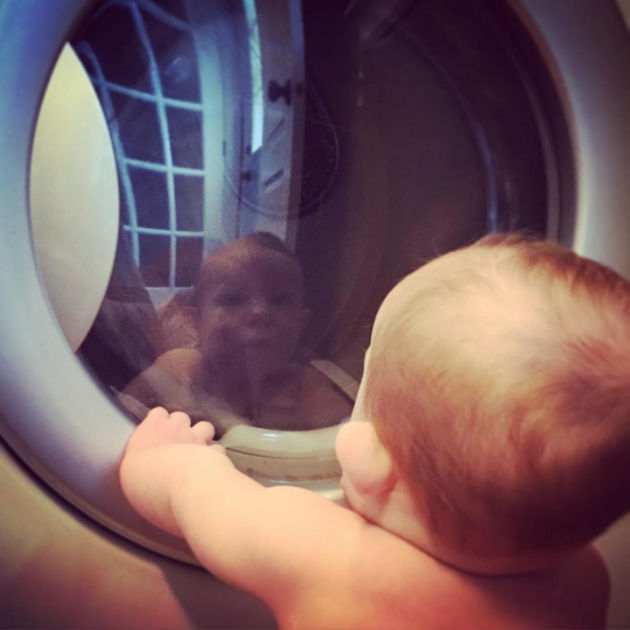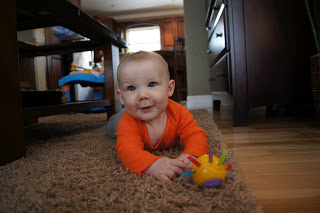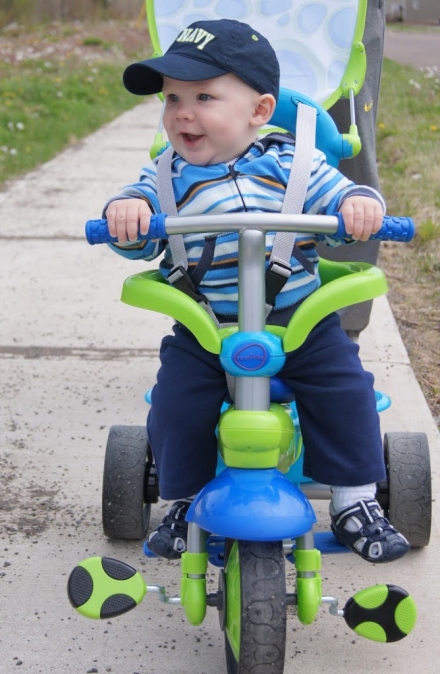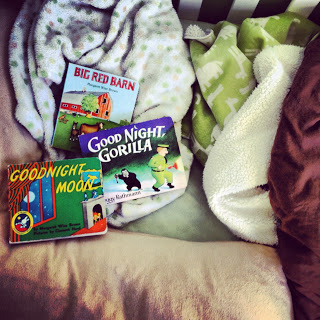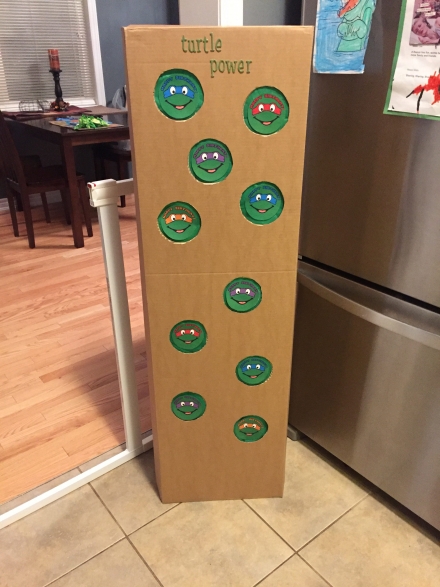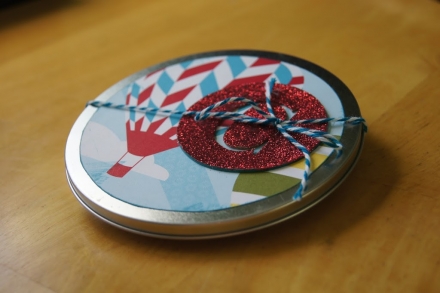This post is part of my Cloth Diapering Series. Check out my other posts on Cloth Diapering if you are just getting started:
Cloth Diapering 101
Getting Started with Cloth Diapering
The thought of washing is often what turns most people off the idea of using cloth diapers. It’s smart to consider this before committing because it is definitely part of the gig.
Ask yourself:
- Can I afford to use a diaper cleaning service and is one available locally?
- Do I have a washer and dryer available?
- Do I have a clothes line or indoor drying rack?
- Do I have the time to do an extra load of laundry? This comes with stuffing and sorting too.
- Are there appropriate detergents available locally?
- Where will I keep my dirty diapers until laundering?
- How often will I have to wash on a minimum and how long can I go without washing, based on the size of my diaper collection?
- How will I manage if I travel?
- Are family and friends who help out on board with cloth diapering?
If your answers to these questions are less than ideal, it doesn’t mean you have to “crap” out on using them. The purpose of this list is to help you consider and prepare for the commitment.
Tips to make washing easier:
- Use a disposable or flushable diaper liner once baby is eating solids. It keeps the poop off the fabric, minimizes staining, allows for longer spans between washing and minimizes odor in the pail.
- Prep diapers for washing as soon as they come off baby because NO ONE wants to go through a bag of week old dirty diapers before washing
√ Dispose of any solid waste
√ Close Velcro closures to prevent sticking during the wash
√ Pull out the inserts, liners and boosters so they can be laundered properly
- Have a plan in place for storing cloth diapers until washing – 5 Reasons I Love the Ubbi
- Use a washable wet bag when storing dirty diapers – simply grab the bag out of the pail, dump dirty diapers straight into the washer by turning the bag inside out and throw the wet bag right in with them. You will never have to touch a diaper from the time they come off baby until they are clean!
- Decide on a realistic washing schedule for your family and ensure the size of your collection supports it
- Look into the diaper manufacturers washing instructions as it is usually a stipulation for keeping your warranty valid
Washing
How you go about washing your diapers will depend upon your washing machine. Many of the newer models have a sanitize, pre-rinse and post-rinse cycle which are all handy for cloth diapers. The diaper manufacturers washing instructions will offer some guidance on what settings to start with and use trial and error from there.
I personally prefer a cold pre-rinse, a heavy spoiled wash setting using hot water and an extra rinse to wash away detergent residue with a high spin speed to shorten dry time.
Use diaper safe detergents to keep your diapers functioning properly. Research cloth diaper safe detergents and compare what you have available locally. This is by far the best online resource I have found on cloth diaper detergents: Detergent Chart
Keep in mind that using too much detergent can cause build up and impact the diapers ability to absorb.
Drying
Microfiber diaper inserts dry nicely in the dryer but natural fibers like organic cotton or hemp absorb more, so therefore take longer to dry. A combo of dryer time and air drying has always worked best for me since my stash is mostly natural. I throw a mixed load of diapers in the dryer straight from the washing machine. Once the dryer stops, the microfiber diapers are dry so I put those away but leave my natural fiber diapers to air dry overnight. In the summer when the weather is nice, I opt to save energy and hang all of the diapers on the line right from the washer. Line drying comes with the added bonus of effort-free stain removal.
Most diapers are made with ether PUL or TPU which is the waterproof lining on the inside. These barriers as well as the elastics built into the waist or legs, will breakdown over time with prolonged exposure to the heat of the dryer and contact with bleach. The elastics are repairable but the waterproof liner is not. If you intend to have multiple kids wear your diapers, you may consider air drying more often.
After drying, take some time to pre-stuff your pocket diapers, snap inserts and other diaper prep, to ensure diapering is as easy as grab and go.
Other Considerations
Stripping – Stripping would be required if you suspect you have build up on your diapers. Signs of this include an ammonia-type smell or other lingering stink, repelling and improper absorption of diapers. There are many theories on what causes this but many agree this occurs from using diaper creams and detergents. You can minimize the risks by using cloth diaper friendly products without chemical additives. There are some pretty hefty stripping techniques and a divide on using bleach VS no bleach. I follow a simple routine that works for me:
- For sanitizing – Once a month, use 1/4 Cup of color safe bleach in the hot wash cycle with an extra rinse at the end of the cycle
- For stripping – As needed, wash once in hot water with 1 Tablespoon of blue Dawn dish soap and 1/2 Cup of bleach. Do 2 additional hot water washes with no detergent to completely rinse clean. (Use caution with dish soap in your washing machine)
When choosing your routines, consider researching various methods keeping in mind the type of water you have (hard or soft).
Yeast – We didn’t have much trouble with diaper rash but every once in a while we would have a run-in with a yeast infection. It is very important to sanitize your diaper stash to eliminate any yeast that may be lingering in your diapers to prevent re-infection. We have always taken a temporary break from cloth diapering when yeast popped up.
When I first started cloth diapering, the washing aspect was by far the most overwhelming of the whole experience. In the forum community, there are very passionate Mammas with varying opinions on the matter and various sites dedicated to the science of washing diapers. After reading much of this, it can be very easy to get caught up in the small stuff. I favor using common sense, trial and error and not getting too caught up in the nitty gritty…they are just poop catchers after all.
9





